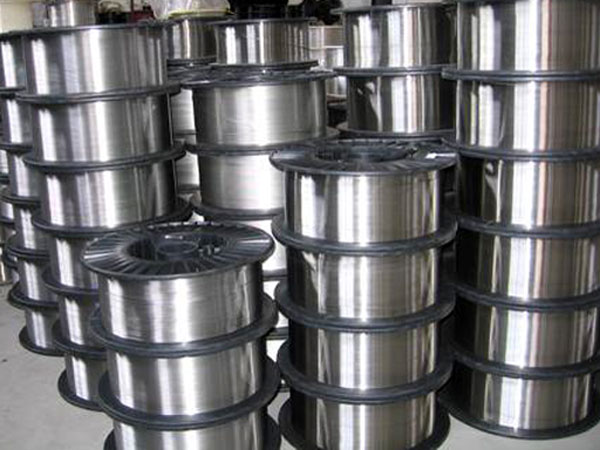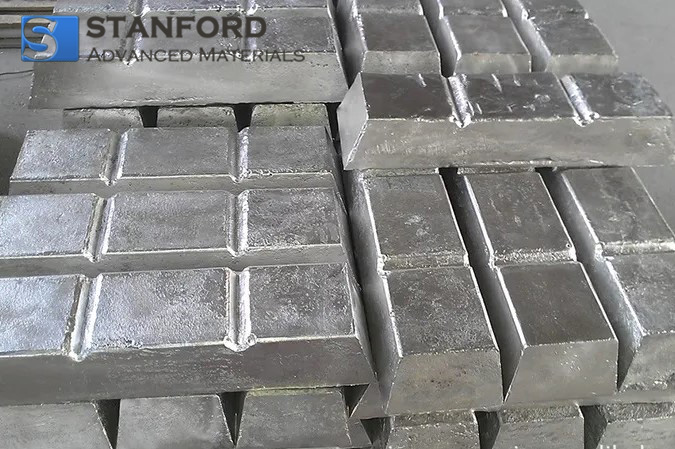CP Titanium – Commercially Pure Titanium Introduction
Commercially pure titanium (CP-Titan) is divided into four grades. This categorisation is based on its corrosion resistance, ductility and strength.
Titan CP4 - Grade 1
Commercially pure Titanium Grade 1 is the most formable grade. It demonstrates high ductility, good cold workability and corrosion resistance, reliable weldability and high impact toughness.
Applications
Automotive desalination, architecture, manufacturing and chlor production, medical applications, dimensionally stable anodes, maritime applications
Standards
ASME SB-363, ASME SB-265, ASME SB-337, ASME SB-381, ASME SB-337, ASME SB-338, ASME SB-348, ASME SB-338, ASTM F-67,
Available Forms
Sheets, flanges, bars, weld wire, forgings

Titan CP3 - Grade 2
Commercially pure Titanium Grade 2 offers high cold workability and moderate strength. It meets set criteria for corrosion and oxidation resistance and provides reliable weldability.
Applications
Chemical processing and chlor production, automotive manufacturing, power generation, aerospace, desalination, architecture, maritime applications, hydrocarbon processing, medical applications
Standards
ASME SB-363, AMS 4902, ASME SB-265, ASME SB-381, ASME SB-338, ASME SB-348, AMS 4942, ASTM F-67, ASME SB-337, AMS 4921, ASME SB-338, ASME SB-337
Available Forms
Bars, forgings, tubes, flanges, fittings, sheets, plates, weld wire, tubes, wire
Titan CP2 - Grade 3
Commercially pure Titanium Grade 3 is less formable and exhibits higher strength than Grades 1 and 2. It is applied in aerospace and industrial contexts that require moderate strength. It meets established criteria for corrosion resistance.
Applications
Architecture, chemical processing and chlor production, aerospace, automotive manufacturing, maritime applications, desalination, medical applications, hydrocarbon processing, power generation
Standards
ASME SB-363, ASME SB-348, ASME SB-338, ASTM F-67, AMS 4921, ASME SB-265, AMS 4902, ASME SB-337, ASME SB-381, ASME SB-337, AMS 4942, ASME SB-338
Available Forms
Forgings, flanges, bars, tubes, plates, sheets, weld wire, fittings, tubes, wire

Titan CP1 - Grade 4
Commercially pure Titanium Grade 4 has higher strength than Grades 2 and 3. It tolerates cold forming, although it is less ductile. It meets strict corrosion resistance requirements in various environments. It is utilised in industrial, aerospace and medical engineering applications where high strength is required.
Applications
Aerospace, marine, industrial processing, chemical procedures, medical engineering
Standards
ASME SB-363, ASME SB-337, ASME SB-381, ASME SB-265, ASTM F-67, AMS 4901, ASME SB-348, AMS 4921, ASME SB-338
Available Forms
Rods, sheets, forgings, wire, weld wire
Conclusion
We thank you for reading this article. The article provided a factual overview of CP-Titan classifications. For further details on Titan products, please visit Titan products.
Stanford Advanced Materials (SAM) is a global supplier of titanium products. The company has operated for more than two decades in manufacturing and selling commercially pure titanium. It produces products that meet research and production requirements. Given that SAM maintains rigorous production standards, it is a reliable partner for scientific and industrial applications.

 Bars
Bars
 Beads & Spheres
Beads & Spheres
 Bolts & Nuts
Bolts & Nuts
 Crucibles
Crucibles
 Discs
Discs
 Fibers & Fabrics
Fibers & Fabrics
 Films
Films
 Flake
Flake
 Foams
Foams
 Foil
Foil
 Granules
Granules
 Honeycombs
Honeycombs
 Ink
Ink
 Laminate
Laminate
 Lumps
Lumps
 Meshes
Meshes
 Metallised Film
Metallised Film
 Plate
Plate
 Powders
Powders
 Rod
Rod
 Sheets
Sheets
 Single Crystals
Single Crystals
 Sputtering Target
Sputtering Target
 Tubes
Tubes
 Washer
Washer
 Wires
Wires
 Converters & Calculators
Converters & Calculators
 Write for Us
Write for Us

 Chin Trento
Chin Trento


